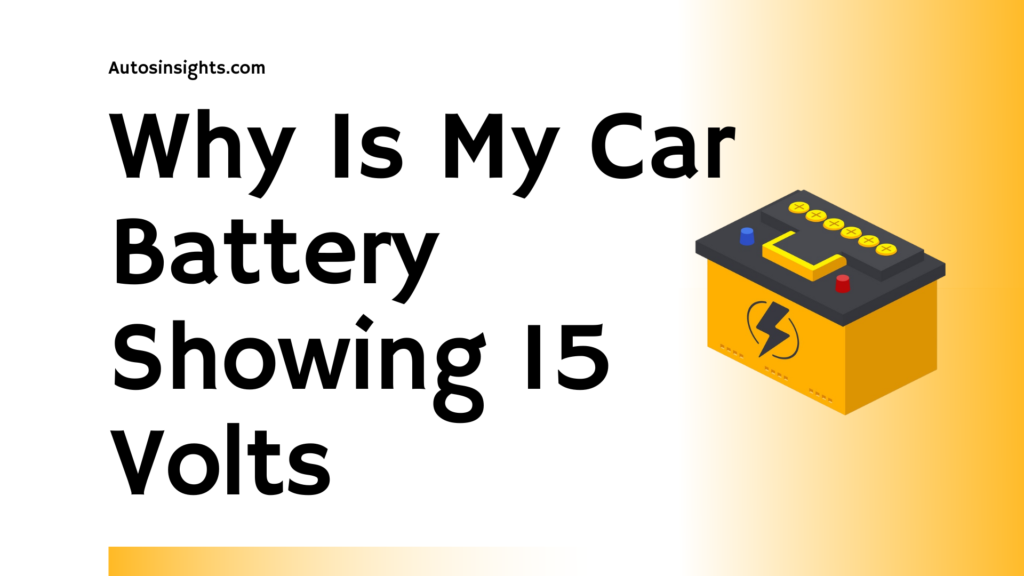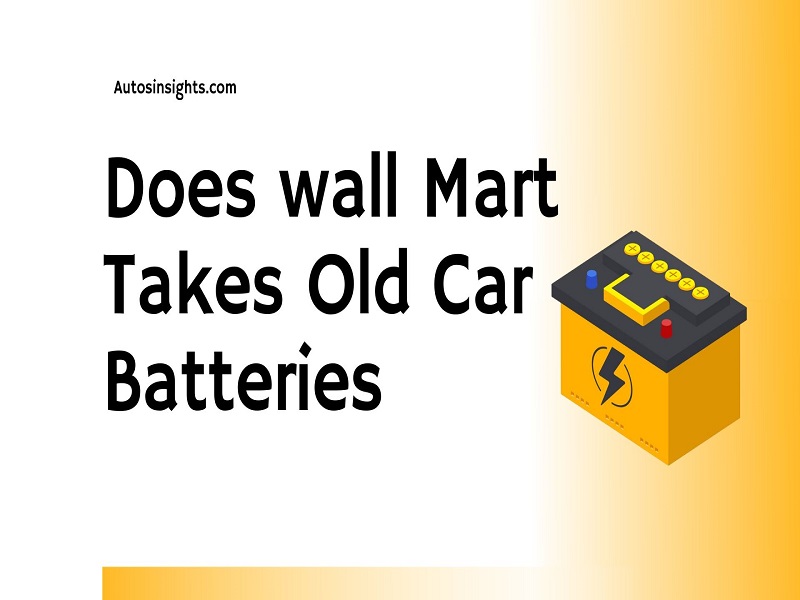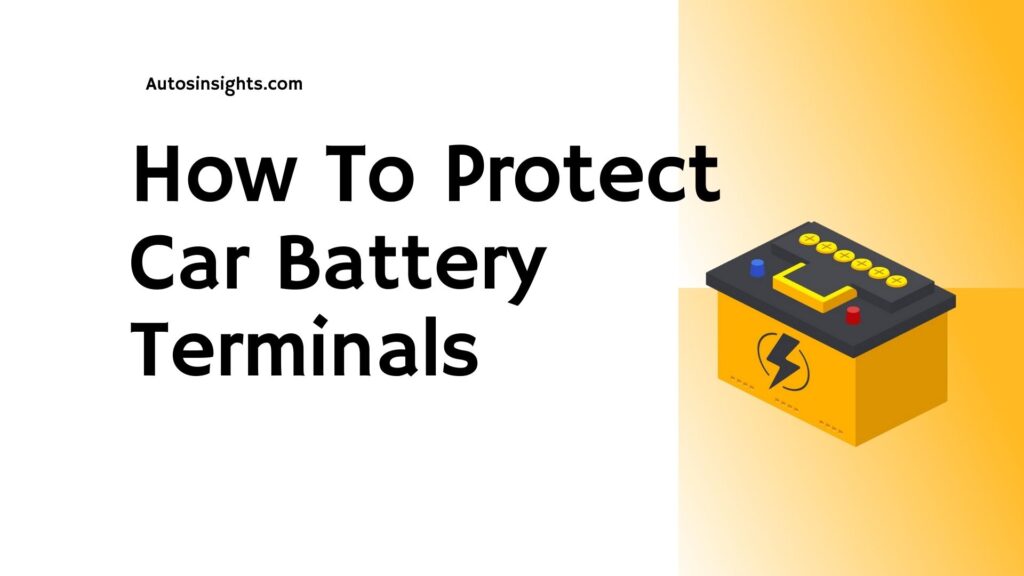Drinking tap, bottled or sparkling water is essential for hydration and health. Drinking water should be clean, safe, and free from harmful contaminants.
- Did you ever drink car battery water
- What is the composition of battery water
- Is it safe to drink it
- Is it beneficial for our health
- What harm can battery water cause
I will share my experience with battery water. After reading this article, you will get the answer about drinking car battery water.
To better understand the topic, I will also discuss batteries and water for refill.
Can You Drink Car Battery Water – Latest Guide
How To Clean Car Battery Corrosion
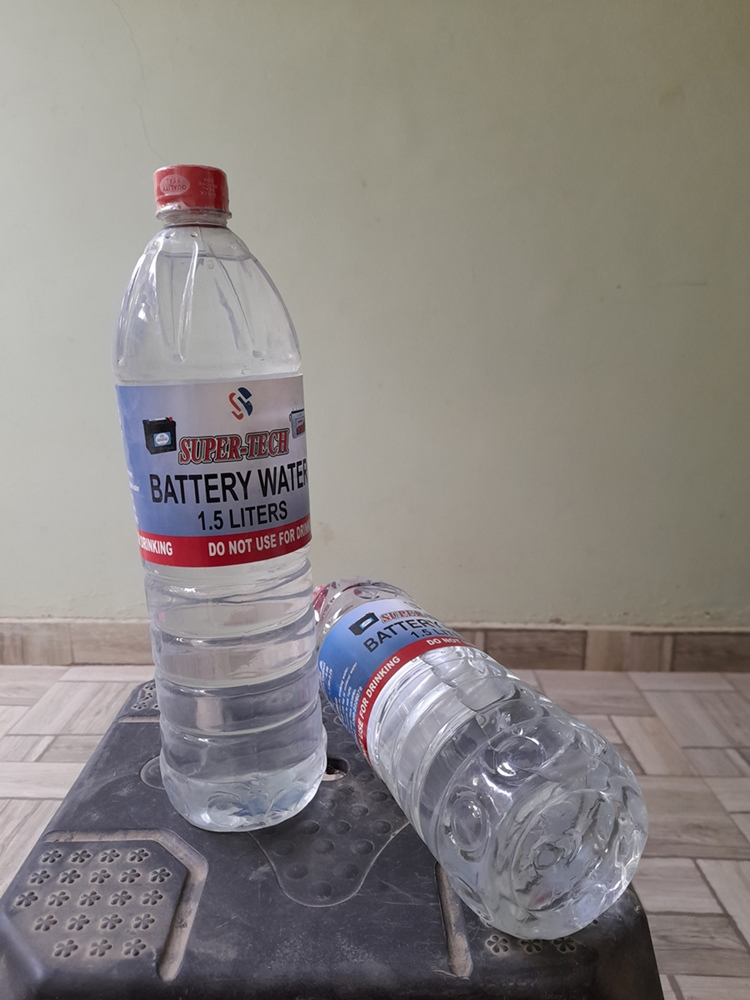
I have subdivided the question of this article into two questions.
Can you take out the water from the car battery to drink
Can you drink the car battery refill water
Before answering these questions, let’s understand the battery and its structure.
Battery types and structure
Nowadays, two types of batteries are available in the market. One is maintenance-free batteries, and the other is lead-acid or non-maintenance-free batteries.
Maintenance-free batteries do not need any maintenance or water refilling. Lead-acid batteries need water refilling to keep them in working condition.
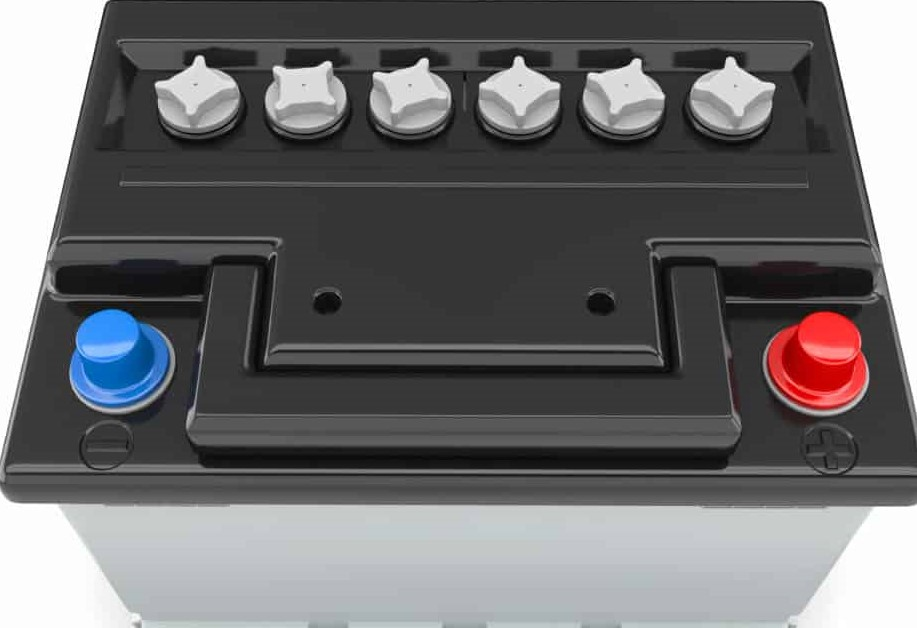
Lead-acid batteries contain lead plates immersed in a fluid called the electrolyte. The electrolyte is a mixture of Sulfuric acid and water.
A car battery has six cells. Each cell consists of two plates. The plate of sponge lead (cathode plates) and the plate with lead dioxide (anode). A separator keeps both separated. Electrolytes filled each cell.
How many hours a lead-acid battery can keep the charge depends on the plate’s size and the amount of electrolyte. A lead acid battery depends on water for its work. So it’s essential to maintain the battery water level according to the desired level.
Why do batteries need refilling
Like we humans cannot survive without water, a car battery either can’t survive without water.
The electrolyte filled a lead-acid battery. This fluid is a mixture of Sulfuric acid and water. The electrolyte heats up during charging, and a process called electrolysis takes place. During this process, the water breaks down into oxygen and hydrogen. The oxygen gas evaporates. This evaporation results in lower fluid levels over time.
Low electrolyte levels will expose the battery cells and will cause damage. Water evaporation also means that the remaining Sulfuric acid will be more concentrated. So you need to add more fluid in the battery to level the electrolyte.
During the recharging process, the electricity flow through the electrolyte. Water in the electrolyte breaks down into its elements, hydrogen, and oxygen. These gases vent out of the battery, resulting in water loss. If the battery water level is too low and is not refilled, the battery can get damaged. Due to this reason, refill the lead acid battery with water when necessary.
Trending : 7 Best Car Battery Terminal Cleaners
Which water is suitable for lead-acid batteries
You must have heard about tap, bottled, and sparkling water choices. All these types of water are suitable for drinking.
- But what about distilled water?
- What is it used for?
- Is it safe to drink distilled water?
Distilled water is the water that gets purified through the distillation process. The process involves boiling water for steam production. The steam is then condensed into the water and collected in a separate container. This process removes impurities, like minerals and salts, from the water.
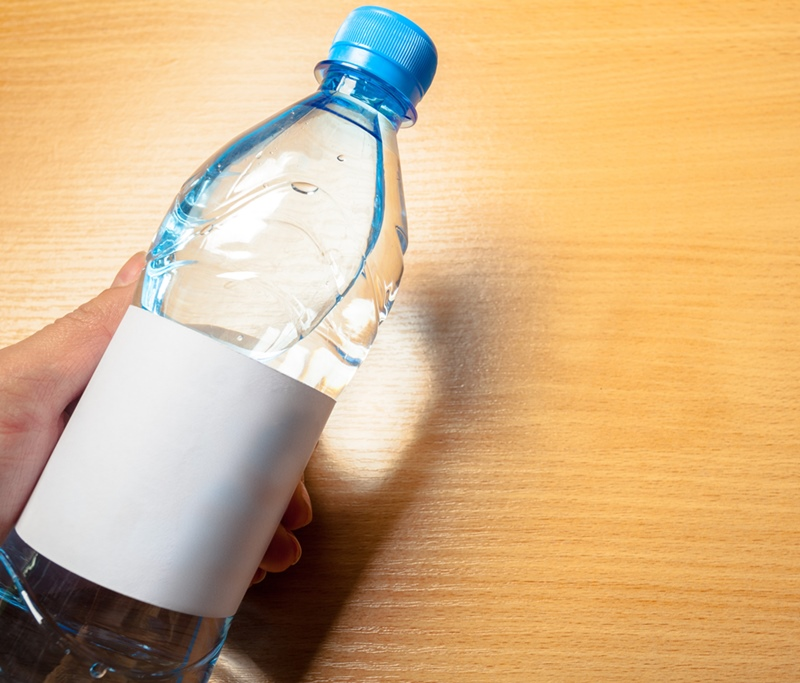
Can you refill the car battery with acid water
No, refilling a car battery with acid water is not recommended. An electrolyte solution filled car batteries. This solution comprises sulfuric acid and distilled water in particular proportions.
When adding water to a car battery, use only distilled water. Distilled water is free of impurities that could damage the battery. If the battery’s acid level is low, replace it or get it serviced by a professional service center.
Adding water other than distilled water to a car battery can damage it. Additionally, the sulfuric acid in the battery is highly corrosive. Acid can be dangerous if it comes into contact with your skin or eyes. Following proper safety precautions and carefully handling car batteries is a must.
What is the connection between distilled water and battery
As explained earlier, water refilled the batteries. But you cannot refill a battery with any water. You can use tap water for that purpose, but it is not recommended. The reason for this is that tap water contains minerals and impurities. Over time, these impurities can build up on the battery’s plates. They can reduce the battery’s lifespan and performance.
Instead, you can use distilled water to refill a car battery. Distilled water does not contain minerals or other contaminants to harm the battery. Distilled water won’t corrode metal engine parts or interfere with batteries.
Use bottled water to refill your car battery if you cannot access distilled water. Avoid water treated with additives or chemicals, such as alkaline or ionized water. These types of water could damage the battery.
Can you take out the water from the car battery to drink
Drinking toxic substances such as battery water can cause body organ failure. The water can also destroy your esophagus and stomach. The battery water can cause damage to the intestine, severe burns, and poisoning.
It is vital to find a clean and reliable water source. Bottled, tap, or filtered water from a reliable filtration system is best to drink.
Can you drink the car battery refill water
Distilled water is sometimes used for drinking. But long-term consumption is unsuitable due to needing more minerals and electrolytes.
Distilled water is safe to drink. It may not be the best idea for hydration and may not provide the same benefits as natural water sources. Since it lacks minerals, prolonged usage can strip minerals from the body.
If you decide to try it out, here are some advantages and disadvantages of distilled water.
Advantages:
Distilled water is pure. It has no minerals, chemicals, or bacteria. Its usage is ideal for laboratory experiments, medical procedures, and battery refilling.
Some people prefer the taste of distilled water over tap water. Tap water taste can vary depending on the source and treatment methods used.
Disadvantages:
It lacks beneficial minerals like calcium, magnesium, and potassium. Although there are other sources, some people prefer to get them from drinking water.
Distilled water is expensive compared to other types of water. It requires special equipment and energy to produce.
The production of distilled water can harm the environment. The process requires energy and produces waste.
Some people may find it flat or flavorless, making it less appealing.
Are battery and distilled water the same
Battery water differs from distilled water, although it is a part of battery water. Distilled water is purified through distillation. This process involves water boiling to produce steam. It condenses back into the water, leaving behind impurities and minerals.
Cars and other vehicles use lead-acid batteries filled with battery water. This water is a mixture of distilled water and Sulfuric acid.
Distilled and battery water are not interchangeable. Battery water has sulfuric acid, which would not be safe for drinking. Distilled water is safe for human consumption if you need water for drinking or cooking.
Is there any difference between battery and drinking water
Both are two different types of water and serve other purposes.
Drinking water is for human consumption and drinking. It is treated to remove harmful contaminants, like bacteria and viruses. Drinking water is fortified with minerals for health benefits.
Purified battery water fills lead-acid batteries. Battery water also contains a small amount of sulfuric acid. The acid is added to the water to activate the battery’s electrochemical reaction.
Battery water is unsafe for human consumption and should never be ingested. The acid in battery water can cause serious health problems if ingested. Drinking water is treated and regulated to ensure it is safe for human consumption.
The difference between battery water and drinking water is their use and treatment. Human consumes drinking water after the removal of harmful contaminants. Battery water powers batteries.
Is it OK to put rainwater in my car battery
No, rainwater is not recommended for your car battery. Car batteries need distilled water after the removal of any minerals or impurities. These impurities can cause damage to the battery. Rainwater is not pure and may contain minerals or contaminants that can harm the battery.
Non-distilled water reduces battery performance and life and damages the battery. So, only use distilled water when refilling your car battery.
Does battery water last long
It depends on several factors. The water quality, the type of battery, the conditions the battery is exposed to, and the battery usage. Distilled water in lead-acid batteries lasts long, providing battery maintenance.
The battery water evaporates due to the heat generated during the charging process. This evaporation can increase the acid concentration in the battery.
The acid can corrode the battery plates and decrease the battery’s performance. So, check the water level in lead-acid batteries regularly. Add distilled water as needed to keep the water level within the minimum and maximum range.
Also Read: How To Kill A Car Battery
What is the substitute for distilled water
There is no exact substitute for distilled water. But you can use several alternatives depending on your need:
Deionized Water:
Ion exchange purifies this type of water. It removes most minerals and impurities, like distilled water.
Reverse Osmosis Water:
A reverse osmosis filtration system purified this water. It is also free of most impurities.
Filtered Water:
Filtered water is an alternative to distilled water for drinking or cooking.
Boiled Water:
Boiling water can help remove some impurities and contaminants. It may not be as effective as distilled water.
My experience
Making distilled water your primary drinking water is not a good idea. It can be expensive and lacks natural minerals in spring and tap water. It can also draw minerals from your body.
Related Articles:
